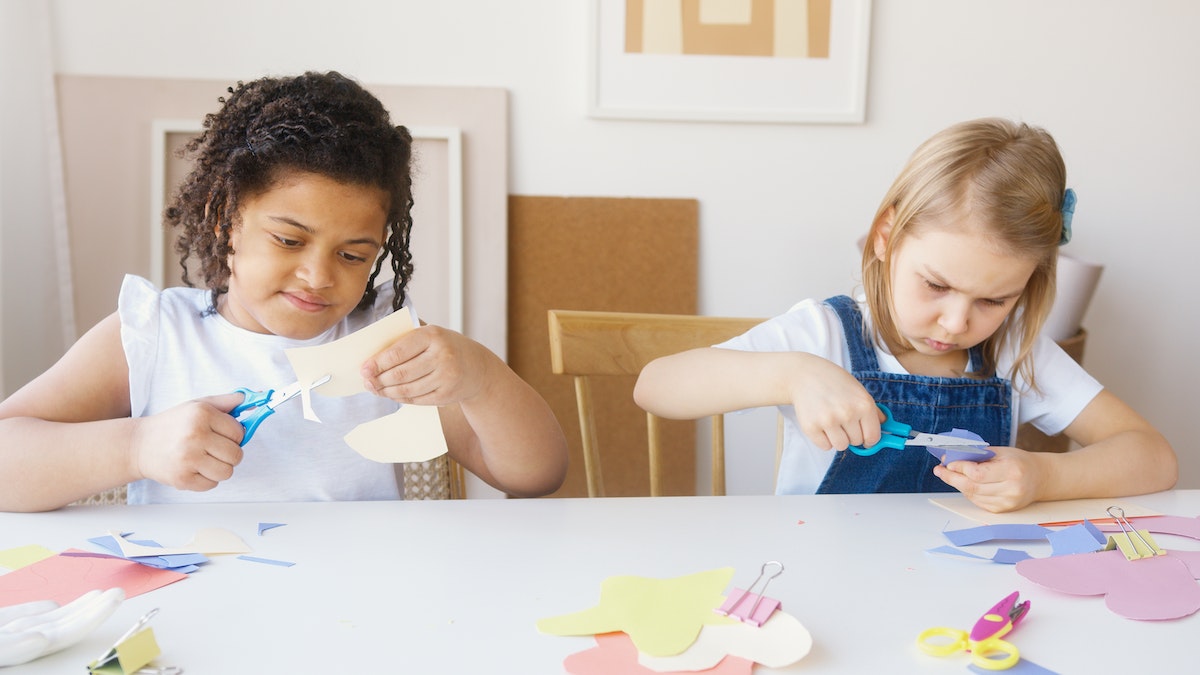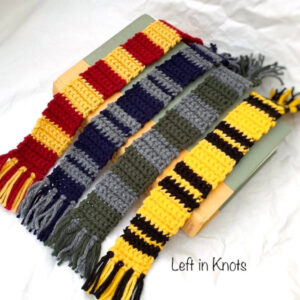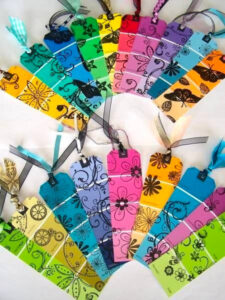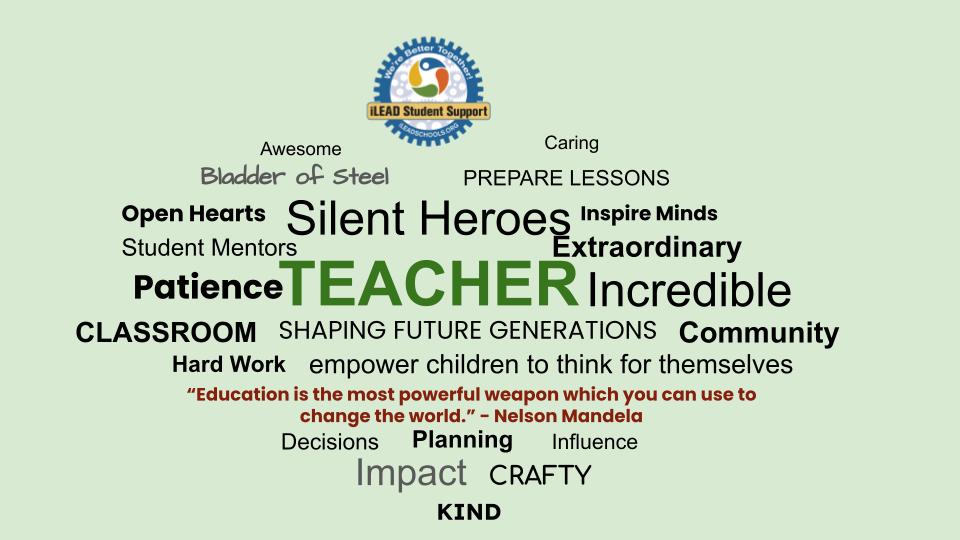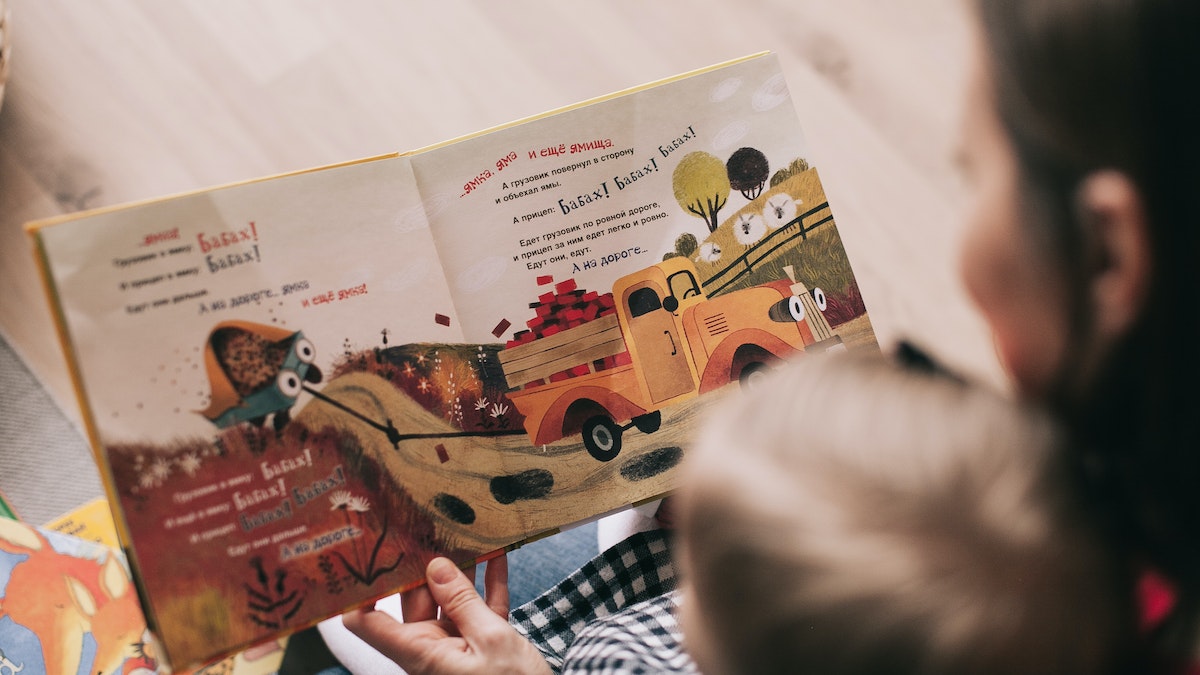This month, several of our Student Support learners chose some of their facilitators to spotlight and give a shoutout to. We hope you enjoy hearing from them about the support they’ve received from our staff this year!

Kaden Sibert:
Hello! My name is Kaden Sibert. I have been working with iLEAD Exploration for two years, in 7th grade and 8th grade. My first year was hard for me because of family matters. I had rarely any time to study and was falling behind until my father took us in and helped me knock down this big wall of schoolwork. My friends, family, and facilitators helped me one bit at a time, and I ended up making it.
helped me knock down this big wall of schoolwork. My friends, family, and facilitators helped me one bit at a time, and I ended up making it.
Ms. Melissa helped me set goals, and so far I’ve been reaching these goals every single day. I work hard each day as if it were my last day.
In 8th grade, I was being cocky because I was ahead of other learners at the beginning of this school year, but I ended up falling behind. But as the saying goes, “Don’t act too high and mighty, because tomorrow you might fall down on your face.” Ms. Melissa helped me catch up in a small amount of time. I am so close to my finals and  feel slightly confident.
feel slightly confident.
Ms. Taylor helped with my emotions and dealing with my family matters. These two years have been an emotional rollercoaster, but with my facilitators’ guidance, I made it and I persevered. I would recommend iLEAD Exploration to my friends because of the resources provided and how they can help you learn independently. Thank you, Ms. Taylor and Ms. Melissa, for guiding me in these tough times.
Sincerely,
Kaden Sibert

Laine Kneisler:
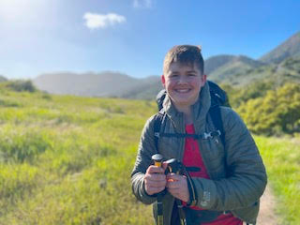
iLEAD is a great school! I’ve been to many charter schools, and this is my personal favorite. They have helped me so much with my reading and writing.
Here are some people who helped me with achieving those things:
Thanks to Ms. Jolie for being a great educational facilitator.
Thanks to Ms. Michelle, Ms. Elizabeth, and Ms. Michelle Spansel for helping me improve my spelling and reading skills. 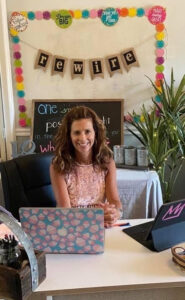
Thank you, Ms. Anna, for showing me some useful tools that I can use to make my  writing better.
writing better.
I’m glad I was in this school and hope others feel the way I do.
One big thing I can recall is that Ms. Elizabeth would constantly help me with writing my story for a school project, and I’m really grateful she did that.
Thanks for all the effort that you guys put in for me.
Sincerely,
Laine Kneisler
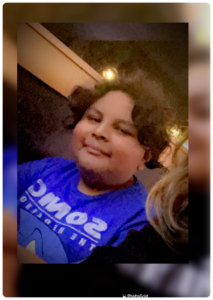
Joseph Tapia:
What I Like Most About My Facilitator
What I like most about Ms. Mikaylah is that she’s funny and we do cool games together. It makes speech fun.
fun.
Something My Teacher Always Says:
Ms. Michelle always says I can put stickers and other things on the Jamboard to make it more interesting and fun.
My Favorite Activity:
My favorite activity this year was the Mother’s Day activity I did with Ms. Elizabeth. It was fun to try to not be conspicuous since my mom was around! I’m most proud of myself for making two comic books this year.
Favorite Memory:
Seeing all my different facilitators every day helps make school easier and less boring. If I had to go to school in person, I would not enjoy it and it would be hard. My iLEAD facilitators make school better.
Sincerely,
Joseph Tapia

Ruby Trancraitor:
 My learning experience with iLEAD has been amazing this year. All my facilitators have helped me learn and do new things that I know I will use now and later
My learning experience with iLEAD has been amazing this year. All my facilitators have helped me learn and do new things that I know I will use now and later in life. My mom taught me English this year, and I learned a lot about how to make my writing sound interesting and creative.
in life. My mom taught me English this year, and I learned a lot about how to make my writing sound interesting and creative.
Ms. Pansini is a really great EF, and she has made my learning this year more interesting and fun.
Ms. Elizabeth helped me a lot this year with 8th grade and pre-algebra. I really understand fractions because she showed me how to do it fast and right!
I feel very grateful for all the support and help from all my iLEAD facilitators this year!
Sincerely,
Ruby Trancraitor

Lauren Sanders:
Hi! I’m Lauren, and I’ve had a fun experience with iLEAD. I’m very glad to be a part of iLEAD. I have had great facilitators along the way, such as Ms. Sarah, Ms. Elizabeth, and Ms. Kimberly. My mom has helped me with homeschool this year. I like homeschooling because it so fun and great. I get to stay home and do schoolwork as well as go to other places to homeschool. I like doing homeschooling and doing work with my facilitators. I like to homeschool with my mom because it’s so fun and great to have mother and daughter time together. I love going to The Source in Buena Park together very much; we get to homeschool, get smoothies, and look around places. I like doing work with my facilitators on Zoom classes because it helps me learn better and I am proud of myself.
Ms. Sarah, Ms. Elizabeth, and Ms. Kimberly. My mom has helped me with homeschool this year. I like homeschooling because it so fun and great. I get to stay home and do schoolwork as well as go to other places to homeschool. I like doing homeschooling and doing work with my facilitators. I like to homeschool with my mom because it’s so fun and great to have mother and daughter time together. I love going to The Source in Buena Park together very much; we get to homeschool, get smoothies, and look around places. I like doing work with my facilitators on Zoom classes because it helps me learn better and I am proud of myself.

I am also proud of myself for writing my own stories. My latest one is called “Who Is in the Kitchen?” It is a scary story that I wrote and my facilitator, Ms. Elizabeth, helped me with editing. Going through the whole story together and reading it was very fun and a lot of work. I like playing games with my facilitators as well to help me understand things more. It means very much to me and I’m thankful for all of the facilitators and my mom for helping me with homeschooling.
Sincerely,
Lauren Sanders





 helped me knock down this big wall of schoolwork. My friends, family, and facilitators helped me one bit at a time, and I ended up making it.
helped me knock down this big wall of schoolwork. My friends, family, and facilitators helped me one bit at a time, and I ended up making it.  feel slightly confident.
feel slightly confident. 


 writing better.
writing better. 
 fun.
fun. 
 My learning experience with iLEAD has been amazing this year. All my
My learning experience with iLEAD has been amazing this year. All my  in life. My mom taught me English this year, and I learned a lot about how to make my writing sound interesting and creative.
in life. My mom taught me English this year, and I learned a lot about how to make my writing sound interesting and creative. 
 Ms. Sarah, Ms. Elizabeth, and Ms. Kimberly. My mom has helped me with homeschool this year. I like homeschooling because it so fun and great. I get to stay home and do schoolwork as well as go to other places to homeschool. I like doing homeschooling and doing work with my facilitators. I like to homeschool with my mom because it’s so fun and great to have mother and daughter time together. I love going to The Source in Buena Park together very much; we get to homeschool, get smoothies, and look around places. I like doing work with my facilitators on Zoom classes because it helps me learn better and I am proud of myself.
Ms. Sarah, Ms. Elizabeth, and Ms. Kimberly. My mom has helped me with homeschool this year. I like homeschooling because it so fun and great. I get to stay home and do schoolwork as well as go to other places to homeschool. I like doing homeschooling and doing work with my facilitators. I like to homeschool with my mom because it’s so fun and great to have mother and daughter time together. I love going to The Source in Buena Park together very much; we get to homeschool, get smoothies, and look around places. I like doing work with my facilitators on Zoom classes because it helps me learn better and I am proud of myself. 

